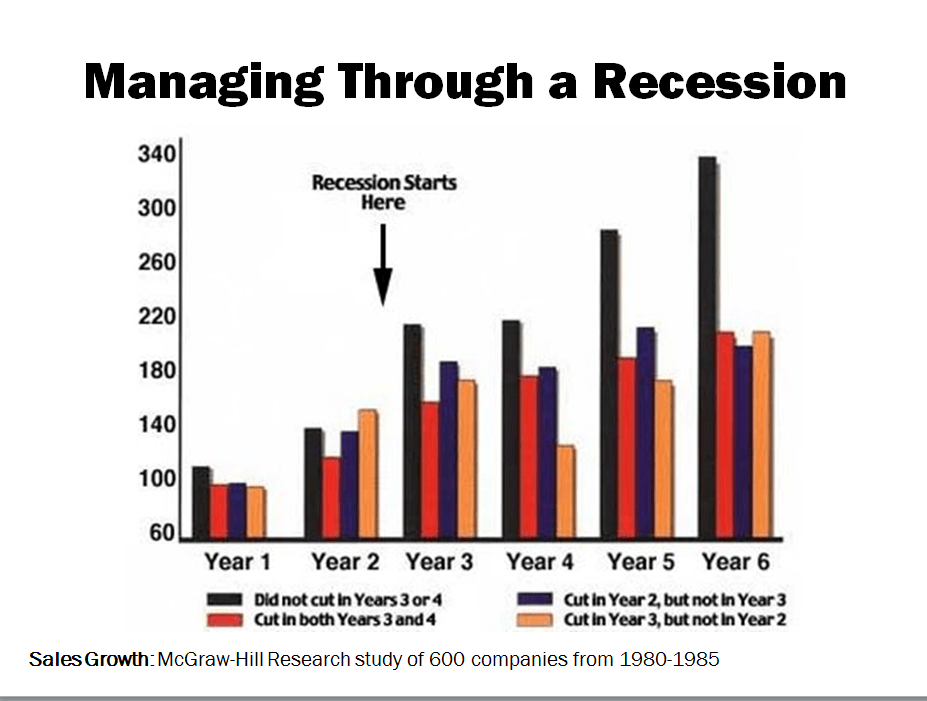In these coronavirus-plagued times, if you need to make your business much more digital, whether through digital marketing, online training, social media, search optimisation, webinars, videoconferencing or virtual summits, we can help.
First, though, let’s summarise how we got to where we are today.
The coronavirus has been taking its toll on in-person connections, in New Zealand and around the world, forcing the cancellation of more and more meetings and public events. The disruption is on an unprecedented scale and no one has any clear insight into when things might return to the traditional “normal”.
What we are seeing, however, is a migration to digital communications as a means of maintaining social distancing without the sort of isolation that would have previously been required. Conversations that would have previously taken place in person have now moved to social media and we are seeing an upsurge in people working from home and a move to webinars and online conferences.
According to Quartz Daily, digital usage in China and neighbouring Asian countries saw a dramatic spike as the coronavirus first began to impact:
Throughout China, employees are working from home and students are listening to lecture livestreams. Outside of China, schools in both Vietnam and Japan have closed. From Hong Kong to Thailand to South Korea, businesses and schools are shutting down—and people, in turn, are logging on.
The surge in mobile usage began over the Lunar New Year holidays, with Chinese citizens spending 20% more time on their smartphones than the same period last year, according to Nomura analysts Jialong Shi and Thomas Shen. Using data on app usage and daily active users from QuestMobile, Nomura found that virtually every type of app, from messaging apps like WeChat to Weibo, China’s equivalent of Twitter, saw immediate spikes.
While people are isolated, smartphones offer a way to connect with friends, alleviate boredom, or find crucial information on the outbreak. Despite the Chinese government’s censors, Weibo saw usage grow by 31% as users flocked to the micro-blogging platform for a much-needed dose of human contact. China’s TikTok, Douyin, grew by 102% as bored teens went to cloud raves, created humorous videos about their isolation, and heard advice from doctors and medical staff. Video game companies like TenCent and NetEase saw an increase in playing times across its major titles.
Consumers throughout China are also turning to their smartphones for practical purposes, such as ordering groceries and food delivery. Alibaba’s online grocery platform Freshippo saw numbers double, and TenCent’s MissFresh grew by 61%.
Traditional distribution channels are under threat as well.
As movie theatres around the world close or restrict their screenings and minimise capacity, film distributors have begun to embrace the unthinkable. NBC Universal this week announced that its current movies from the Universal Pictures stable — including the upcoming event family movie Trolls World Tour — will be made available for streaming direct-to-home on demand at the same time they hit those theatres that remain open during the coronavirus pandemic.
NBC Universal movies (including Universal’s The Hunt and The Invisible Man, as well as Focus Features’ Emma) will be made available on a wide variety of on-demand services for a 48-hour rental period at a suggested retail price of US$19.99 in the U.S. and the price equivalent in international markets. Likely on-demand streaming vehicles if the policy is implemented in New Zealand include Apple TV, Amazon Prime, Lightbox and Sky On Demand.
The coronavirus has arrived perhaps a little too soon for the leading movie distributor Disney, whose Disney+ and Hulu streaming platforms, whilst theoretically well-placed to offer instant direct-to-home, don’t yet have enough subscribers globally to offset the revenues to be earned through traditional cinema and DVD releases.
Even so, if the pandemic continues for as extended a period as many commentators fear, Disney may well eventually opt to release the likes of Mulan and Marvel’s Black Widow through Disney+, a move which is likely to dramatically increase subscriber numbers for the new platform.
Such are the times in which we find ourselves. Is YOUR business ready for this new expanded digital world?
As Vaughn Davis notes in an opinion piece on Stuff:
If there’s one thing a virus likes, it’s a room full of people from all over the world, shaking hands. Conferences large and small are being canned, including Barcelona’s Mobile World Congress and Austin Texas’ tech/film/music megaconference South By South West.
On the business front, a year of cancelled events will probably force companies to find new ways to communicate, learn and sell, and many of these will stick once the pandemic passes.
How we work
Technology companies, telcos in particular, have been predicting we’d be working from home for years.
Until now, though, it just hasn’t happened. The number of Kiwis working from home reached about 10 per cent a decade ago and hasn’t grown much since then, possibly due to the social appeal of spending time in a workplace outweighing the benefits of a 30-second commute and Skyping in your undies.
Today, the technology to support remote working is accessible to almost any business. Fibre connectivity and fast mobile internet mean workers can remain constantly connected from anywhere.
Free or cheap cloud-based services like Google Drive or Dropbox remove the need to physically connect to an office server. And communications platforms like Skype, Zoom, WhatsApp and Facebook Messenger make it as easy to send a cat video across the planet as it is to send one across the office.
That 10 per cent working from home number? Expect it to go up and stay up.
How we shop
Online shopping, especially groceries and ready-to-eat meals, is already booming.
My Food Bag is already New Zealand’s third biggest food retailer.
Uber Eats drivers outnumber customers in many restaurants.
In China, home food delivery businesses are reportedly flat out.
If the pandemic leads to people avoiding trips outside the home, it’s likely this will accelerate.
So what should YOU do?
Curl up and hide and wait for this all to be over?
One of the hard-won lessons learned from past recessions is that businesses that cut back during the recessions really struggle to regain market share and profitability once the recession is over.
This chart, which dates back a recession or two to the difficult times experienced in the 1980s, clearly demonstrates a direct relationship between a continued marketing presence and post-recession growth.
A Different, Unevenly-Distributed Recession
As you will appreciate, this recession is different because the impact is not evenly distributed. Businesses in the travel, tourism and hospitality industries in particular, sadly, are being exposed to the full and devastating impact of a world where tourists are not welcome and people are staying away from restaurants and cafés and other places where they might risk being exposed to the coronavirus.
Whilst it might be strategically advantageous in the longer term for businesses in those sectors to continue to promote themselves, such moves pale into insignificance in comparison to the need to support staff and maintain essential services.
If you are not operating in such industry sectors however, now is the time to consider how your business might evolve and adapt to a digital-first world.
Here are some of the possibilities you might consider (and how we might help):
Selling Online
Online sales have been part of the New Zealand psyche since even before Trade Me launched in 1999. Many Kiwi businesses, however, have been slow to adapt (often in fear of offending their retail dealers). In today’s climate, the time for reticence is over. If you need assistance in transitioning quickly to online sales, we can help, either through direct consultancy services (our principal, Michael Carney, did write the bestselling book Trade Me Success Secrets and has also worked with many of New Zealand’s largest retailers) — email us or phone (+64 21 1493 403). Or you could check out our online training course Mastering eCommerce.
Marketing Online
As we noted earlier, the coronavirus is driving consumers to digital devices. Now is the time to promote your products and services through digital marketing, with the dual intentions of driving immediate sales and maintaining brand exposure for a post-coronavirus future. Again, we can help, either through direct consultancy services (Michael Carney has been operating in the online marketing space since the mid-90s). Email us or phone (+64 21 1493 403). Or consider one of our digital marketing courses – Digital Marketing 101 for those new to digital marketing, Advanced Digital Marketing for those who need a refresher course on the latest technologies and techniques.
Social Media Marketing
For some years, social media has been the preferred venue for Kiwi consumers. The latest statistics show that 3.6 million New Zealanders already hang out every month on social media, and that’s a medium that is likely to grow as the coronavirus does its damage. If social media is an area in which you would like to focus, we offer a variety of training courses on the topic, including courses focussed specifically on Facebook and Instagram (which are the two primary media that Kiwis use).
Getting More Clients
Even before the coronavirus came along, prospective purchasers were already doing most of their homework online, before they visited a retail store or reached out to a possible supplier. If your business is not effectively represented online (except perhaps on your own website), we can help to build your brand and your reputation online and as a consequence be more visible to prospects and get more clients. Drop us an email or pick up the phone (+64 21 1493 403) and let’s chat.
Running a Webinar
You may be used to staging workshops and other in-person seminars to demonstrate your wares, brief staff and dealers or any of a thousand other reasons. If you are now considering the possibility of running an online event instead, we can help. Again, email or phone us (+64 21 1493 403).
Online Training
Have training content that you have previously given in-person but now recognise the need to offer training online? We have been creating and operating online training courses for a decade so we have the technology, expertise and experience to guide you through the process. We would love to hear from you, via email or by phone (+64 21 1493 403).
In the words of our Prime Minister, let’s do this. Let’s not be held back by a tiny little microbe with delusions of global grandeur.

